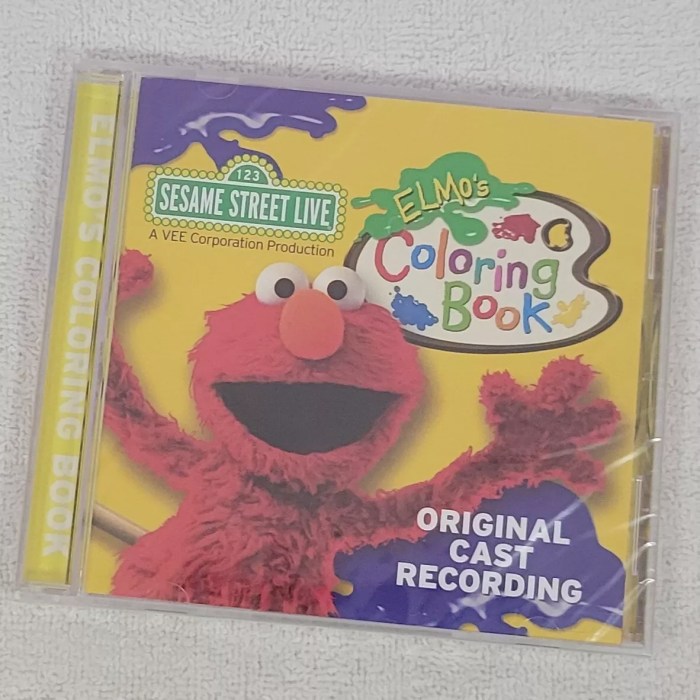Charley Pride’s Religious Beliefs

Charley pride god’s coloring book – Charley Pride, a titan of country music, carried a quiet faith that profoundly shaped his life and career. Unlike some artists who flaunted their beliefs, Pride’s spirituality was a deeply personal matter, woven into the fabric of his being rather than paraded as a marketing tool. His public pronouncements on faith were infrequent, but the underlying influence was unmistakable.Pride’s public statements about his faith were generally understated.
He rarely preached from the stage or used his music as a platform for overt religious messaging. Instead, his faith manifested in his actions and his demeanor, a quiet strength that permeated his performances and interactions. He often spoke of his gratitude for his blessings, attributing his success to a higher power. This humility, a hallmark of his personality, reflected the core tenets of his belief system.
Faith’s Influence on Pride’s Life and Career
Pride’s faith served as a bedrock of resilience, guiding him through the pervasive racism he encountered throughout his career. Breaking barriers in a predominantly white genre required immense fortitude, and his faith undoubtedly provided him with the strength and perseverance to endure the challenges and discrimination he faced. He consistently maintained a positive outlook, focusing on his talent and his commitment to his craft, rather than allowing negativity to consume him.
This unwavering belief in himself, fueled by his faith, enabled him to achieve unprecedented success in the face of adversity. His career trajectory, marked by consistent hard work and unwavering dedication, stands as a testament to his steadfast faith.
Faith’s Influence on Pride’s Music
While Pride rarely explicitly mentioned God in his songs, his music often carried a subtle undercurrent of faith and spirituality. Themes of hope, perseverance, and redemption frequently appeared in his lyrics, reflecting his personal beliefs and experiences. His voice, rich with emotion and sincerity, conveyed a sense of peace and quiet strength that resonated deeply with audiences. This wasn’t a bombastic, overtly religious style; it was a subtle, deeply felt expression of his inner life, a testament to the power of faith to inform artistic expression without resorting to preachiness.
His music offered comfort and inspiration, a quiet affirmation of the human spirit’s enduring capacity for hope, mirroring his own unwavering faith.
Charley Pride’s God’s Coloring Book, a testament to faith rendered in vibrant hues, finds a kindred spirit in the whimsical world of boules de poiles coloring book ; both, in their distinct ways, offer solace and creative expression through the simple act of coloring. The playful energy of the latter playfully contrasts with the profound spirituality of the former, yet both illuminate the boundless potential within a single stroke of color.
Returning to Charley Pride’s masterpiece, we see a reflection of the soul’s journey, colored by both joy and contemplation.
Comparison of Pride’s Faith with Other Country Music Artists
Comparing Pride’s faith to other prominent country music artists reveals a spectrum of approaches to religious expression in the genre. Some artists, like Johnny Cash, openly incorporated gospel themes into their music, while others, like Willie Nelson, explored spirituality in a more eclectic and less explicitly religious manner. Pride occupied a unique space, neither aggressively proclaiming his faith nor entirely concealing it.
His approach was marked by a quiet dignity and humility, a reflection of his personal values and his deep-seated faith. His faith, unlike some of his contemporaries who used it as a central theme, served as a foundation for his life and career, subtly influencing his music and shaping his public persona. He was a man of faith, but his faith was a private matter, a source of strength and resilience that informed his art without dominating it.
God’s Coloring Book as a Thematic Element

Charley Pride’s music, while often characterized by its country twang and heartfelt storytelling, subtly yet powerfully incorporates religious themes, weaving a tapestry of faith and experience that resonates deeply. The album title, “God’s Coloring Book,” itself serves as a potent metaphor, inviting listeners to consider the multifaceted nature of belief and the personal journey of spiritual discovery. It suggests a space for individual interpretation and expression, acknowledging the diverse ways in which faith manifests in human lives.
This is a space where the seemingly simple act of coloring within the lines—following established doctrines—can coexist with the freedom to create outside them, to express unique perspectives and experiences within the broader framework of faith.Religious themes appear throughout Pride’s discography, often interwoven seamlessly into narratives of love, loss, and redemption. Songs like [insert song title and brief description of its religious undertones] exemplify this subtle yet pervasive presence of faith.
The imagery of divine guidance, the struggle with doubt, and the ultimate solace found in belief frequently emerge, painting a portrait of a man wrestling with his faith, yet ultimately finding strength and comfort within it. This inherent ambiguity—the simultaneous acceptance of divine authority and the freedom to personalize one’s interpretation—is crucial to understanding the “God’s Coloring Book” metaphor.
Symbolic Meaning of “God’s Coloring Book”, Charley pride god’s coloring book
The “coloring book” functions as a powerful symbol for the personal and subjective nature of faith. A coloring book provides a structure—the pre-drawn Artikels represent established religious doctrines, beliefs, and traditions. However, it is the act of coloring, the individual choice of colors and techniques, that transforms the static image into a unique expression of personal faith. Each person’s “coloring” reflects their unique journey, their individual interpretation of the divine, and the nuances of their relationship with God.
It’s a metaphor for the ongoing process of spiritual growth, where faith is not a static entity but a dynamic, evolving experience shaped by individual experiences and reflections.
Hypothetical Album Cover Design
The album cover would depict a slightly worn, well-loved coloring book lying open. The pages would showcase a variety of images: a simple cross, a dove in flight, hands clasped in prayer, perhaps a field of sunflowers under a vast, star-filled sky. These images, while traditionally associated with religious iconography, would be only partially colored, leaving spaces for the listener to imagine their own interpretation.
The colors used would be muted and earthy, reflecting the quiet dignity and understated faith often associated with Pride’s music. The title, “God’s Coloring Book,” would be written in a simple, elegant font, subtly suggesting the personal and intimate nature of the album’s contents. The overall effect would be one of quiet contemplation, inviting the viewer to participate in the creative act of faith.
Short Story Illustrating Faith as a Coloring Book
The young Charley, clutching his well-worn Bible, felt the weight of expectation. His devout mother had taught him the stories, the hymns, the unwavering faith. But the strict lines of the church’s teachings felt confining. His “coloring book” – his faith – felt pre-determined, the colors chosen for him. Then came the music, the soulful melodies that mirrored his own doubts and joys.
He began to color outside the lines, his blues tinged with gospel fervor, his country tunes echoing the Psalms. Each song, a brushstroke of his unique experience, filled the pages of his “God’s Coloring Book” with a vibrant, personal testament to his faith. It wasn’t a rebellion against the established images, but an expansion, a richer, fuller expression of the divine within the framework of his own life’s experience.
His music became the testament to his own unique coloring, a story told in notes and chords, a melody that resonated with those who found their own paths within the larger story of faith.
Query Resolution: Charley Pride God’s Coloring Book
What specific religious denomination did Charley Pride belong to?
While Pride publicly expressed his Christian faith, specific denominational affiliations weren’t widely publicized.
Did Charley Pride ever release a gospel album?
While he didn’t release a dedicated gospel album, many of his songs contained strong spiritual themes.
How did his faith influence his songwriting process?
His faith provided inspiration and a thematic framework for many of his songs, shaping the emotional core and messages conveyed.
